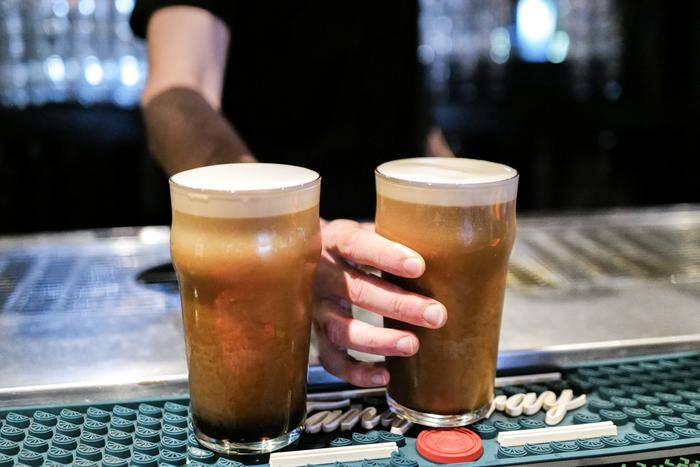Debunking the Myths: Separating Fact from Fiction on Alcohol Consumption During Dry January
As the world embarks on Dry January, a month-long challenge to abstain from alcohol, many people are re-examining their relationship with booze. However, with the plethora of information available, it's easy to get caught up in misconceptions about alcohol consumption. In this article, we'll delve into five common myths and separate fact from fiction.
Many of us have heard that a daily glass of red wine can have health benefits, such as reducing the risk of heart disease. However, the science is not entirely clear-cut. While moderate red wine consumption may have some benefits, excessive drinking can lead to a range of health problems, including liver disease, certain types of cancer, and increased risk of accidents and injuries.
In reality, the health benefits of red wine are largely attributed to the antioxidants and polyphenols present in the grapes, rather than the alcohol itself. You can get these benefits from other sources, such as eating grapes, berries, or drinking grape juice.
Many people believe that as long as they only drink socially, they're not at risk of developing an addiction. However, this is a common misconception. Alcohol addiction can affect anyone, regardless of their drinking habits or social status.
In fact, social drinking can sometimes be a precursor to problem drinking. When we drink socially, we may feel pressure to keep up with others or to drink more than we intended. This can lead to a pattern of drinking that can eventually become problematic.
Another common myth is that beer is less intoxicating than spirits. However, this is not necessarily true. The intoxicating effects of alcohol depend on the amount of ethanol present, not the type of drink.
In reality, beer can be just as intoxicating as spirits, depending on the strength and volume consumed. A pint of strong beer can contain as much ethanol as a shot of spirits.
Some people believe that they can speed up their metabolism to burn off alcohol faster. However, this is not possible. Your metabolism is determined by a range of factors, including your genetics, age, and overall health.
When you drink alcohol, it's processed by your liver, which can only handle a certain amount at a time. Drinking water or coffee may help you feel more alert, but it won't speed up the process of burning off the alcohol.
Finally, some people believe that hangovers are a sign of a weak constitution. However, this is not true. Hangovers are a natural consequence of drinking too much alcohol, and they can affect anyone, regardless of their physical or mental strength.
In reality, hangovers are caused by a range of factors, including dehydration, electrolyte imbalance, and the toxic effects of alcohol on the body. While some people may be more prone to hangovers than others, it's not a reflection of their overall health or constitution.
As we embark on Dry January, it's essential to separate fact from fiction when it comes to alcohol consumption. By debunking these common myths, we can make informed choices about our drinking habits and take control of our health. Whether you're a moderate drinker or a teetotaler, it's essential to be aware of the risks and benefits associated with alcohol consumption.




No comments yet
Be the first to share your thoughts!